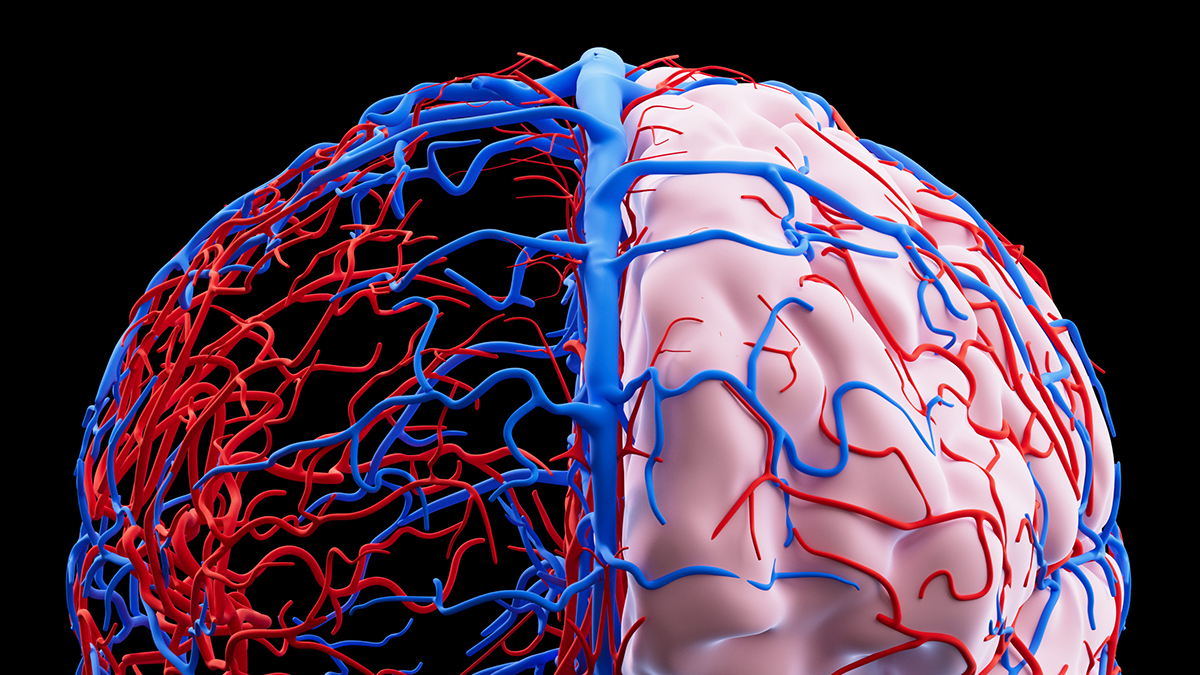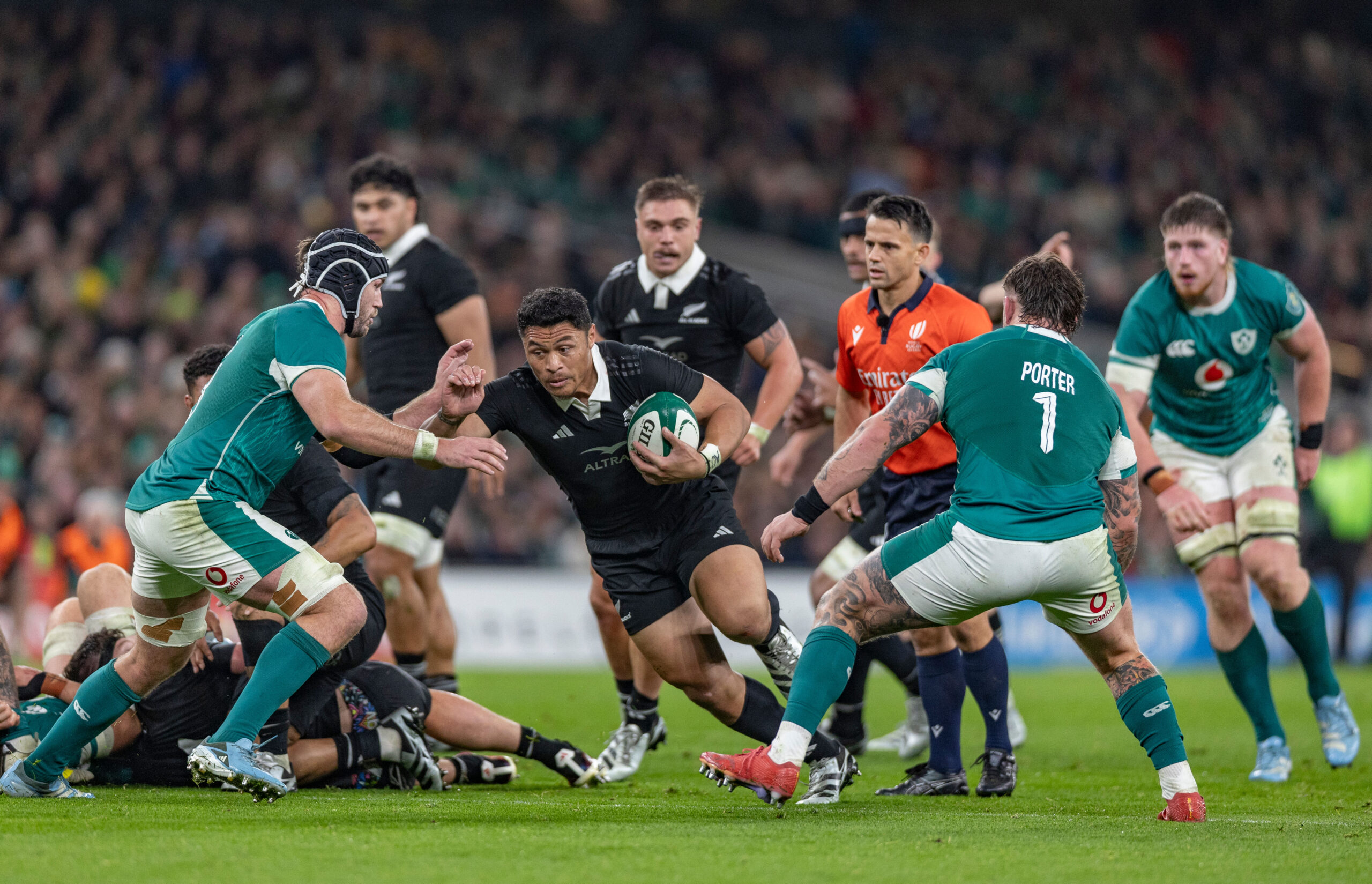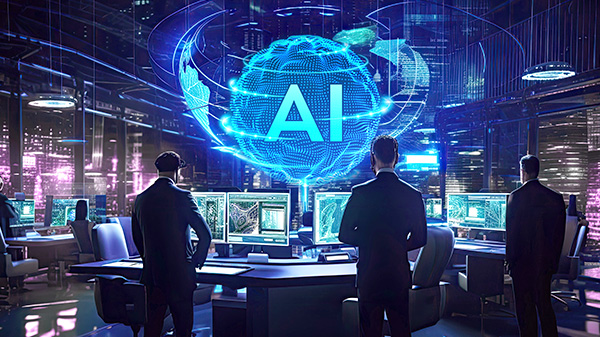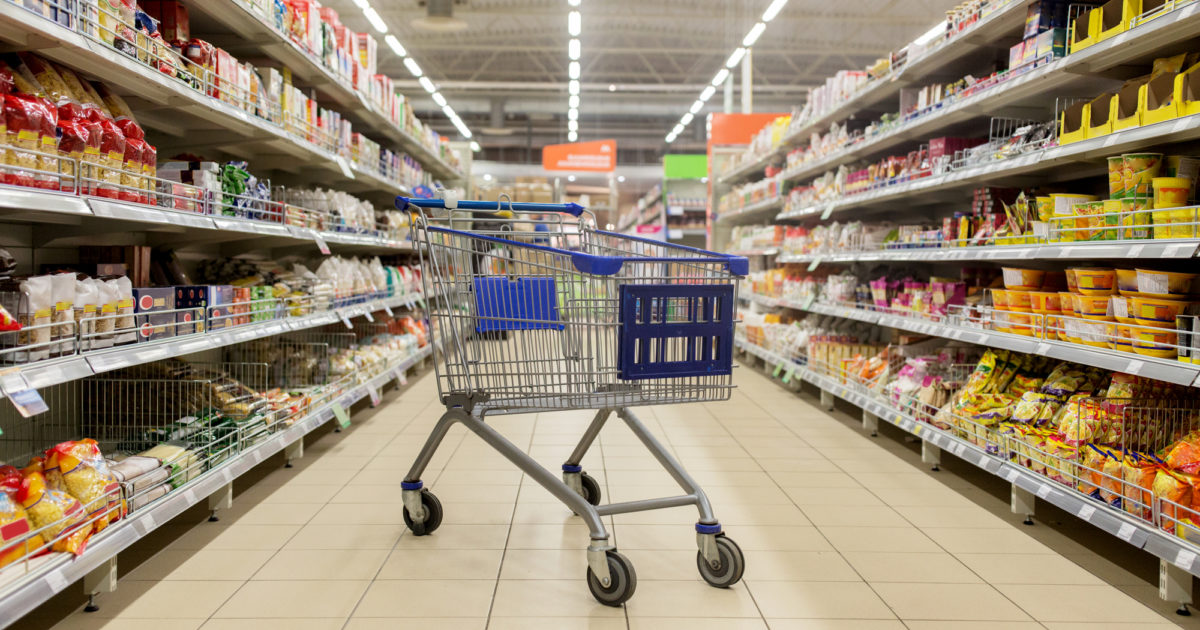It’s…
Blog
-
Sombr claps back at ‘body shaming’ fan ahead of S.F. show – San Francisco Chronicle
- Sombr claps back at ‘body shaming’ fan ahead of S.F. show San Francisco Chronicle
- Sombr speaks out after viral TikTok criticises his concert as ‘cringe’: “Live a little” The Express Tribune
- Why Is Sombr Beefing With a 25-Year-Old…
Continue Reading
-
‘Bugonia’ review: Yorgos Lanthimos’ provocative film falls flat despite Emma Stone, Jesse Plemons – San Francisco Chronicle
- ‘Bugonia’ review: Yorgos Lanthimos’ provocative film falls flat despite Emma Stone, Jesse Plemons San Francisco Chronicle
- Go bald or go home: LA cinema offers free Bugonia ticket to those willing to shave their heads The Guardian
- San…
Continue Reading
-
Ministry outlines roadmap to accelerate CPEC Phase-II – Business Recorder
- Ministry outlines roadmap to accelerate CPEC Phase-II Business Recorder
- China–Pakistan Economic Corridor relaunch exposes China–Pakistan interdependence East Asia Forum
- Pakistan strengthening provincial-level coop with China The Nation…
Continue Reading
-
Ministry outlines roadmap to accelerate CPEC Phase-II – Business Recorder
- Ministry outlines roadmap to accelerate CPEC Phase-II Business Recorder
- China–Pakistan Economic Corridor relaunch exposes China–Pakistan interdependence East Asia Forum
- Pakistan strengthening provincial-level coop with China The Nation…
Continue Reading
-

Find Hub app hits 1 billion downloads on Google Play Store
Following the rebrand this year, the Find Hub app has reached over 1 billion downloads on Google Play.
The Android app just crossed the 1,000,000,000+ downloads milestone, with com.google.android.apps.adm first released on…
Continue Reading
-

Microplastics May Be Tied to Vascular Dementia Cases, Review Finds : ScienceAlert
Vascular dementia is caused by blood flow issues in the brain: it’s one of the most common types of dementia, but not as well researched or understood as others.
Neuropathologist Elaine Bearer from the University of New Mexico is trying to…
Continue Reading
-

Late Injuries Shake Up Ireland Squad for Chicago Clash » allblacks.com
Ireland is preparing to head to Chicago for their Test with the All Blacks on Saturday next week with a string of injury concerns.
Wing Mack Hansen has been forced out of the touring squad while uncapped forwards Edwin Edogbo…
Continue Reading
-

ST Engineering Establishes Cybersecurity Centre of Excellence to Advance Agentic AI Innovation
Singapore, 21 October 2025 – ST Engineering today announced the establishment of its Cybersecurity Centre of Excellence (CoE) aimed at accelerating the development of agentic AI-driven cybersecurity solutions. Supported by Digital Industry Singapore (a joint office by the Economic Development Board, Enterprise Singapore and Infocomm Media Development Authority) and the Cyber Security Agency of Singapore (CSA), the CoE will strengthen ST Engineering’s cybersecurity capabilities, cultivate a skilled talent pipeline and drive innovation in the cybersecurity sector.
The Cybersecurity CoE will deliver enhanced cyber defence across enterprise IT, 5G, and OT/IoT systems, addressing the next wave of advanced threats. It will start with 26 specialists and grow to an 81-strong team, which will focus on AI, 5G, OT cybersecurity, threat response and security testing.
Building on ST Engineering’s proven expertise in designing and operating Security Operations Centres (SOCs) for critical information infrastructures, the Cybersecurity CoE will advance agentic AI application in next-generation SOCs, digital forensics, and incident response. These autonomous, self-learning solutions provide broader coverage, greater precision, and independent decision-making beyond traditional SOC capabilities. By continuously adapting to evolving cyber threats, the CoE positions ST Engineering at the forefront of industry-leading autonomous cybersecurity innovations.
“With AI and quantum computing, cyber threats are evolving faster and becoming more sophisticated. The Cybersecurity Centre of Excellence will bring together talent, research and advanced AI to strengthen our capabilities to develop cyber defences that are smarter, faster and more adaptive to new threats. Our Agentic AI SOC solution has already redefined new standards in detection and response – mitigating threats in seconds to swiftly protect critical systems,” said Goh Eng Choon, President of Cyber, ST Engineering.
“Digital Industry Singapore (DISG) welcomes the establishment of ST Engineering’s Cybersecurity Centre of Excellence (CoE), accelerating Singapore’s ambition for AI-driven cyber resilience and strengthening our national defence against evolving threats,” said Philbert Gomez, Executive Director & Head, Digital Industry Singapore. “The CoE will be a vital hub for developing autonomous AI solutions that will directly empower cybersecurity practitioners and enhance our capability to detect and combat sophisticated cyber threats at scale. This partnership reinforces Singapore’s resolve to be a globally leading AI hub.”
The Cybersecurity CoE will also nurture the next generation of cybersecurity talent through dedicated labs and training programmes at institutes of higher learning in Singapore, including Republic Polytechnic and Singapore Polytechnic. ST Engineering will train and upskill students on agentic AI solutions developed at the CoE, preparing them to thrive in AI-assisted cybersecurity environments and to harness agentic AI alongside other advanced technologies.
*****
For media enquiries, please write to us at news@stengg.com.
Continue Reading
-

Energy & Climate Intelligence Unit
The price of foods hit by extreme weather are rising over four times faster than others in the average shop according to new analysis from the Energy & Climate Intelligence Unit (ECIU) [1].
Using the latest ONS inflation data (August 2025), the analysis finds that although these items make up just 11% of the average shopping basket, they account for nearly 40% of all food price inflation.
Prices for these five foods – butter, beef, milk, coffee and chocolate – have risen by an average of 15.6% over the past year, compared with just 2.8% for other food and drink [1].
The findings come as food inflation remains a key contributor to the UK’s headline inflation rate, with the Bank of England warning that extreme weather is increasingly influencing prices [2], making it harder for them to bring inflation back to the two percent target. The analysis also challenges recent reports that increases to the minimum wage, employer national insurance and the introduction of a packaging tax are driving inflation. These are unlikely to have had a major impact on the five foods that ECIU have found to be driving inflation.
Chris Jaccarini, food and farming analyst at the Energy and Climate Intelligence Unit (ECIU) said: “Shoppers will have noticed that the price of the weekly shop has shot up in recent years. At 73p, a pint of milk now costs 23p more than it did at start of the gas crisis [1]. Milk, butter, beef, chocolate, coffee and olive oil have all been hit by extreme weather and have all become much more expensive. Both butter and beef prices have been driven up by poor grass growth after a historically hot, dry summer, forcing farmers to rely more heavily on bought-in feed. At the same time, a virus outbreak in European dairy herds, which scientists warn is more likely due to climate change, has kept demand for British dairy high.
“While a higher minimum wage and national insurance contributions play a role in food price inflation, they don’t explain why coffee, chocolate or butter prices are surging. Climate shocks are a big factor for these products though, and until we reach net zero emissions and stabilise the climate, households will keep seeing prices rise.
“After the warmest spring and summer and the driest spring in over 100 years, England had its second worst harvest on record this year [3]. This follows last year’s poor harvest which came after incredibly heavy rainfall, made worse by climate change [4]. We have now seen three of the five worst harvests on record this decade driven by extreme weather, telling a story of escalating climate impacts that farmers are struggling to cope with.”
As highlighted in the Bank of England’s August Monetary Policy Report ‘…dry weather conditions are pushing up the production costs of beef and some dairy products in the UK and elsewhere, as cows must be fed silage earlier in the year due to less grass growth [2].’ Alongside a major outbreak of bluetongue hitting milk production in Europe, the risk of which is known to be increased by climate change, [5] this has tightened the availability of milk, and cream pushing up prices.
It is not just British-grown foods that are at risk. The UK imports around 40% [6] of its food from overseas, including many staples like rice, bananas and tea, which we cannot simply grow at home. The commodity price for cocoa, essential for chocolate, has more than tripled in the past three years and doubled in the past two years [1], after extreme heat and rainfall in West Africa hit the cocoa harvest [7]. Much of this surge has yet to fully reach consumer prices, which have risen by a quarter in the past two years and 45% over three years.
Similarly, commodity prices for coffee rose sharply at the end of 2023 and continued to climb through 2024, reaching a peak in March 2025. Again, extreme weather played a major role, with drought in key coffee producing regions such as Brazil and Vietnam [1]. According to FAO estimates, it typically takes around one year for changes in raw coffee prices to filter through to retail prices, with effects lasting at least four years [8].
Anna Taylor OBE, Executive Director of the Food Foundation said: “We are seeing the price of certain products being driven up by extreme weather. This is a worrying trend. Government must treat this as a food security issue, and take steps to build the resilience of farming and our supply chains to shocks, so we can better buffer them. Otherwise, the weekly shop will keep getting more unpredictable – and more unaffordable – for millions of households.”
In 2022–23, climate impacts added an estimated £360 to the average UK household food bill [9]. Government forecasts suggest that the climate exposure of British households will deepen, with over half of UK fruit and legume imports coming from climate-vulnerable countries by 2050 [6].
Chris Jaccarini, food and farming analyst at the Energy and Climate Intelligence Unit (ECIU) said: “Central banks are clear that climate change increases food prices in ways they cannot control or predict, creating systemic risk to our food system [10]. There is no monetary policy lever they can pull to address this. Only by reducing our emissions to net zero and bringing balance back to our climate will we limit the impact of climate change on food prices in the future.”
ENDS
Notes to editors:
1. The analysis, which focused on butter, beef and veal, whole milk, chocolate and coffee, is available to download here.
2. August Bank of England Monetary Policy Committee Report and recent interview with Isabel Schnabel, Member of the Executive Board of the ECB
3. ECIU Comment on 2025 Defra Harvest Statistics
4. https://www.worldweatherattribution.org/autumn-and-winter-storms-over-uk-and-ireland-are-becoming-wetter-due-to-climate-change/
5. https://www.nature.com/articles/s41558-018-0376-6
6. Government -produced UK Food Security Report 2024.
7. https://www.worldweatherattribution.org/dangerous-humid-heat-in-southern-west-africa-about-4c-hotter-due-to-climate-change/
8. Reuters reporting on FAO report.
9. ECIU, Climate, Fossil Fuels and UK Food Prices: 2023
10. https://www.ecb.europa.eu/pub/pdf/scpwps/ecb.wp2821~f008e5cb9c.en.pdf
For more information or for interview requests:
George Smeeton, Head of Communications, ECIU, Tel: 07894 571 153, email: george.smeeton@eciu.net
Continue Reading
